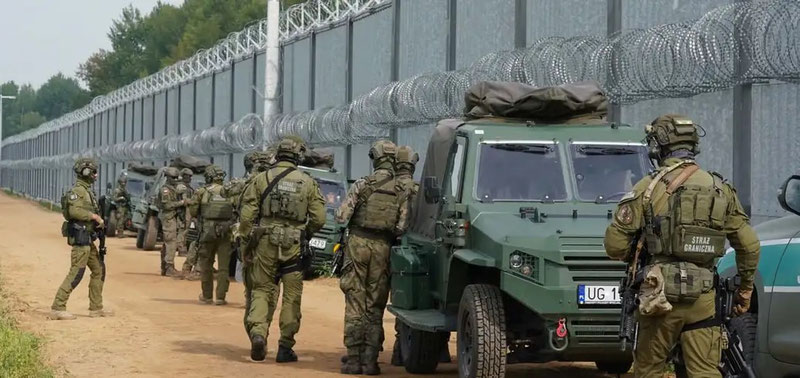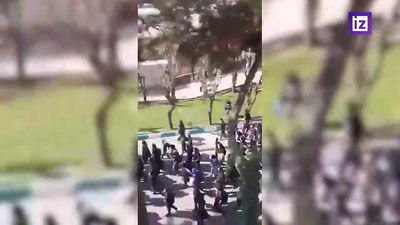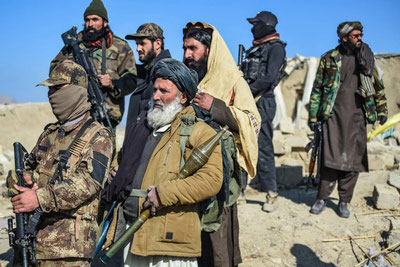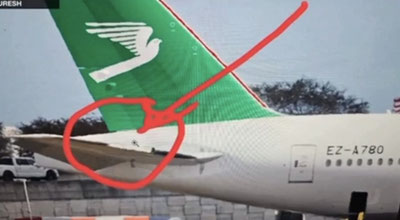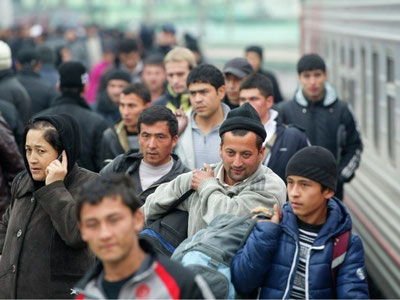On September 11, Thursday, the Russian Foreign Ministry demanded that Poland "think about the consequences and reconsider the decision" to close all border checkpoints with Belarus starting from midnight on September 12, in connection with the "Zapad-2025" Russia-Belarus military exercises. These restrictions "harm Poland's international partners" and "strike a blow to the republic's business," said Russian Foreign Ministry spokeswoman Maria Zakharova.
According to her, Warsaw has "ignored a goodwill gesture from Moscow and Minsk," which involved moving part of the maneuvers away from the border and reducing the number of troops and equipment. In the opinion of the Russian Foreign Ministry, the border closure is a manifestation of "Poland's course of escalating tensions in Europe."
"Zapad-2025" Exercises
The "Zapad-2025" joint Russian-Belarusian training exercises are scheduled to take place from September 12-16. Their program includes practice drills for the use of nuclear weapons and the new "Oreshnik" missile system. Polish Prime Minister Donald Tusk called these maneuvers "aggressive in their military doctrine" and emphasized that they simulate the seizure of the Suwałki Gap, which connects the Baltic countries with the rest of NATO.
The situation became more complicated after the events of the night of September 10, when a mass attack by Russian drones on Ukraine affected Polish airspace. At least 19 drones entered the country, four of which were shot down. Five people were injured in the Lublin Voivodeship, and one damaged a residential building in the village of Wyrzyki. NATO fighter jets were used to intercept them—for the first time since the start of the war in Ukraine.
